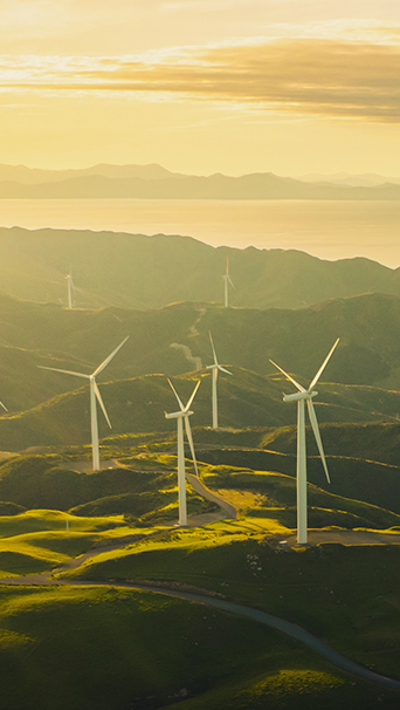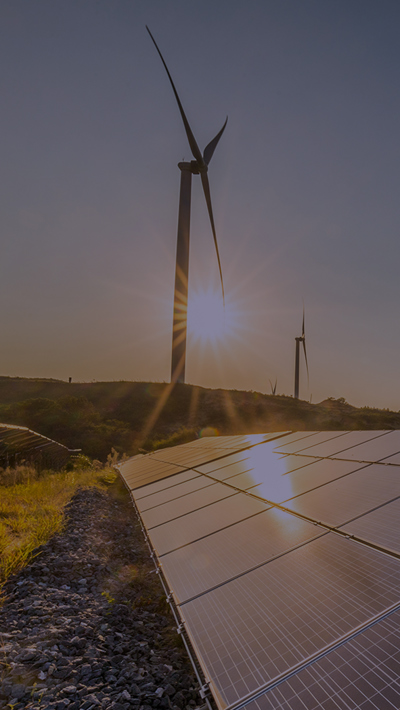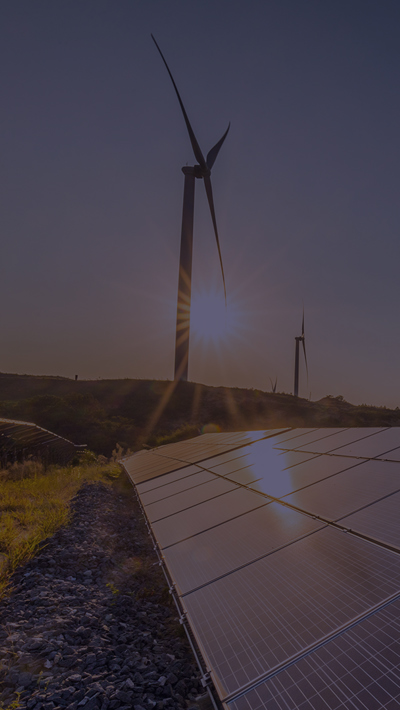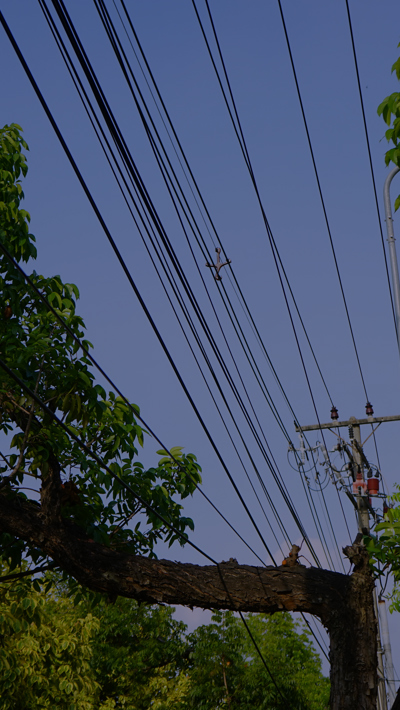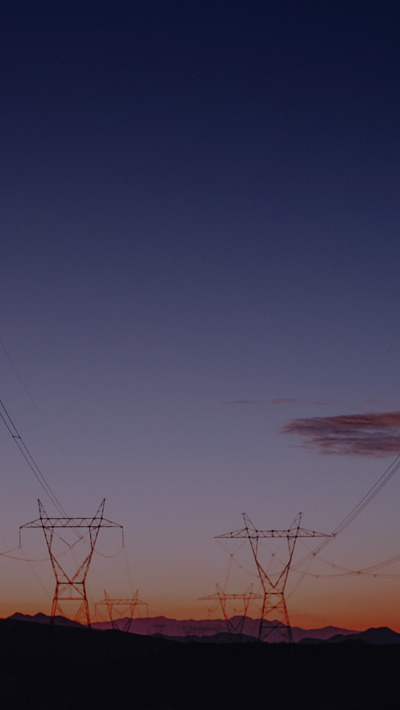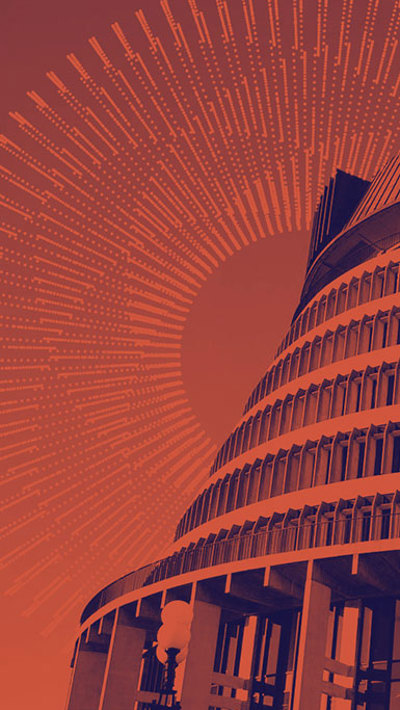Contents
Energy policy is not expected to feature strongly when the formal coalition negotiations begin as there is a large measure of consensus among the parties. We run through the key points.
The Lake Onslow/NZ battery project
Gone. It has no friends at the negotiating table and National has promised to stop work on it within the first 100 days. National has described it as a $16b “gigantic, hugely expensive, white elephant boondoggle” which should be consigned to the dustbin of history.
Moratorium on oil and gas
Also friendless and gone. All three potential coalition partners are committed to reversing Labour’s 2018 prohibition on new oil and gas exploration, which ACT says was imposed without any analysis, without a cabinet decision and without consultation. ACT points out that “even the Climate Change Commission agrees gas will be needed in 2050”.
It remains to be seen, however, whether lifting the moratorium will actually incentivise any more upstream investment. Offshore capital is still likely to look at New Zealand as a risky jurisdiction for regulation, given our three year electoral term.
Labour’s 100% renewable by 2030 aspiration is also for the bin, to be replaced by a fuel-neutral approach to energy transition.
This is reflected in National’s intention to remove the ban on new coal-fired boilers, and may make National sympathetic to ACT’s interest in allowing the import of LNG (Liquefied Natural Gas) to meet essential energy needs when domestic supply is insufficient.
ACT makes the argument that a cost-effective and reliable solution to the “cold and still night in winter, when the wind is light and the dams are low” is to run the “old and trusty Huntly power station” on 100% gas (rather than the current mix, which is typically 85% coal and 15% gas).
Elements of the new approach
National sees an important role for technological innovation. It has committed to ensuring a regulatory regime that supports the uptake of Artificial Intelligence demand-response technologies, distributed energy, consumer two-way trading, smart charging, and peer-to-peer solutions to enable local energy trading. It has also promised to investigate enabling “virtual power plants” to operate in the market at peak demand.
But the workhorse of the new administration’s strategy will be around what it does to speed up the electrification of the economy – and there is significant agreement, between National and ACT in particular, on what this will look like.
Electrification
National’s ambition is to double the amount of renewable generation in New Zealand, although it has not set a timeline to achieve this. It also aims to increase investment in transmission and local lines, which will be vital to ensure current backlogs in grid connection can be cleared to enable connection of new renewable generation facilities.
Its path to delivery is to create a much more amenable consenting process, which would:
- Require decisions on resource consent applications for renewable projects (solar, wind and geothermal) to be issued within one year of receipt;
- Require the consents to last for a term of 35 years;
- Remove most new transmission/lines infrastructure and most upgrades to existing assets from the need to obtain a consent; and
- Update the funding rules for regulated monopoly transmission and local lines infrastructure under the Commerce Act. (These have served New Zealand well but were written for a different era and are now contributing to long lags between investment and cost recovery and to high connection costs relative to other jurisdictions.)
We do not expect any difficulties from ACT or NZ First toward any of these proposals.
Offshore wind
National and ACT also have specific (and very similar) positions in relation to offshore wind generation, although National’s will probably prevail as it is the more comprehensive. It has four components:
- Fast track permits for offshore wind so feasibility studies can get underway;
- Complete the development of offshore wind regulations within one year to unleash investment (ACT recommends adopting “suitable and well-understood standards from equivalent OECD countries such as Denmark, where “many such projects have been delivered successfully”);
- Require decisions on resource consents for offshore wind generation within two years of an application; and
- Work with Crown Research Institutes to publish weather and geology data to accelerate investment in offshore wind.
The new Government will also need to decide the outcome of consultations currently being undertaken by the Ministry of Business, Innovation and Employment (MBIE) on whether to introduce government-backed offtake arrangements (contracts for difference or power purchase agreements) or tariffs for offshore wind (see Chapman Tripp’s commentary here).
We consider that a clear position on these questions will be vital to ensuring delivery of offshore wind projects.
Te Mana o te Wai
Both ACT and NZ First want Te Mana o te Wai to be removed from resource consenting and replaced with direct freshwater allocations for hapū who can show customary rights.
ACT says Te Mana o te Wai gives iwi and “tribal elites” a right of veto over how water is used and has made the consenting of hydro schemes much more complex.
“It has led to water users making large one-off and on-going payments for “cultural monitoring” services which do nothing for the environment but add decades of costs to consumer and business power bills. It reduces certainty for international investors who must now get their heads around mātauranga Māori (the body of knowledge originating from Māori ancestors, including the Māori world view and perspectives, Māori creativity and cultural practices) on top of their usual scientific expertise.
“Where an iwi or hapū can demonstrate a customary right in water (such as through an existing Treaty settlement) then that right would be converted to an allocation of freshwater akin to a water permit under the RMA. This is a much fairer and more transparent way of recognising customary rights than giving iwi and hapū a right of veto over how water is used.”
National has not expressed a position (that we could find) on Te Mana o te Wai recognition in the National Policy Statement on Freshwater Management 2020, but Chris Bishop, in a speech delivered in November 2022, strongly opposed its inclusion in the Three Waters legislation and the extension of Te Mana o te Wai statements to geothermal and coastal waters.
NZ First
Although we do not anticipate that NZ First will have any serious problems with the likely direction of travel National and ACT would take, it is a fundamentally different party. This is most clearly evident in its commitment to require that the gentailers “divest themselves of retail while allowing local lines companies into generation, retail, and even transmission”.
However we doubt that NZ First will push this if it is part of the coalition deal-making as it is not a defining issue for them.
This article is part of our Election Insights 2023 series, which is being published throughout October - you can sign up to articles by email here.





















